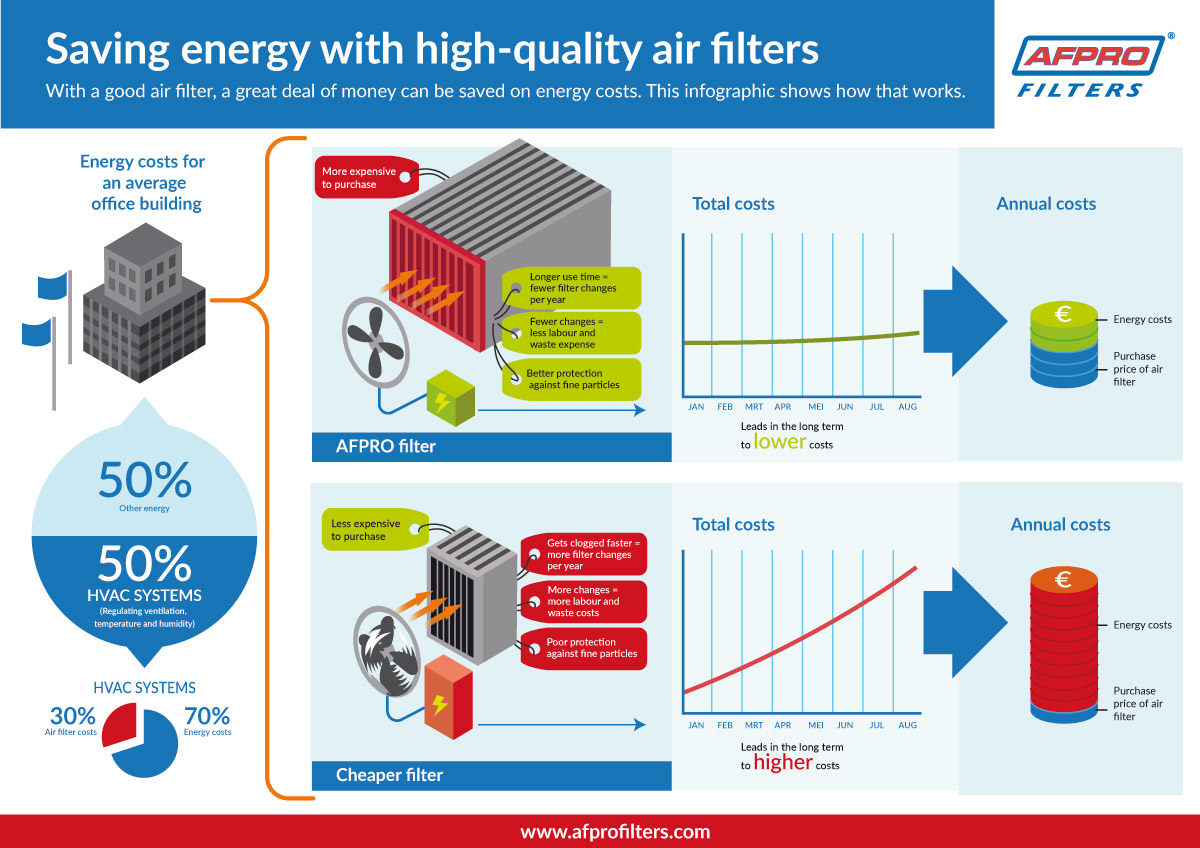Heatpump Vs Heater - Which Is The Better Home Heating Choice For Your Home?
Heatpump Vs Heater - Which Is The Better Home Heating Choice For Your Home?
Blog Article
Uploaded By-Rosenthal Niebuhr
Lots of property owners know with heaters, which heat homes with oil or gas and press hot air via ductwork. They are fairly cost-effective and can supply reputable home heating even during a winter season power blackout.
Nonetheless, they make use of nonrenewable fuel sources and create carbon monoxide and various other air contamination. They also aren't as energy-efficient as a high-efficiency heat pump.
Price
Usually, heat pumps are extra budget-friendly to run than heaters. They typically make use of electrical power and refrigerant to essence warm from outdoor air, and then move it right into your home. You can make use of less costly electrical power rates during off-peak hours to further decrease your home heating expenses.
Unlike heatpump, gas or wood-burning heating systems use combustion to produce warmth, emitting flue gases right into the atmosphere that can be dangerous to your health. These heating systems are additionally less energy-efficient than heat pumps, and their greater operating costs can accumulate over time.
Heating systems are more complicated than heat pumps and need regular maintenance to guarantee the correct function of all components. In spite of this, they tend to last longer than heat pumps with a common life-span of twenty years or even more. However, you'll need to consider the cost of gas, gas oil or timber and the extra tools needed for setup and operation such as air ducts and ventilation systems.
Power Effectiveness
Heat pumps have a greater power performance rating than heaters. These systems use electrical energy to scavenge warm from the air, even in freezing temperature levels. They can likewise remove excess warmth from the home during warmer months and recycle it to cool down the system. Service provider experts can assist you figure out the very best version for your home based on climate and resource energy costs.
Furnaces shed fuel oil, lp, gas or various other kinds of fossil fuel to heat up the air in the home. This air is then dispersed through ductwork making use of a big follower. Heating systems produce greenhouse gases and need routine upkeep and tools upgrades to ensure risk-free procedure.
The greatest advantage of a furnace is that it can be run even in extreme winter conditions due to the fact that it does not rely upon outdoor temperature levels to heat the air. https://www.wbaltv.com/article/tips-for-drivers-to-make-their-vehicles-more-fuel-efficient/39433577 have a longer lifespan than heat pumps and normally last 15 years. They can also be paired with double fuel alternatives, which pick one of the most reliable heating option based on the weather.
Climate
Heatpump work well in modest environments and use much less resource energy than furnaces. Nonetheless, if your region is incredibly cold, you might require to buy a standard gas furnace rather.
Furnaces offer cozy, comfy warmth and typically supply fast home heating to elevate interior temperatures. These systems can be utilized with a selection of gas kinds, including gas, lp, oil or electrical power.
They eat much more energy than heat pumps-- up to 3x as much-- and require ductwork that's pricey to install or retrofit. They're additionally extra costly to maintain, as they can create air high quality issues and produce greenhouse gas exhausts.
If you're devoted to reducing your carbon footprint, a heat pump is a good selection for your home. They have fewer greenhouse gas exhausts than heating systems, particularly if you choose an ENERGY CELEBRITY ® heatpump. you can try these out can clarify the differences between these 2 furnace and help you make the most effective choice for your one-of-a-kind requirements.
Individual Preferences
Heating systems can be very power effective when powered by natural gas, gas or oil, but they aren't as energy efficient as heat pumps in freezing environments. They can also be more expensive to mount, needing gas lines and ventilation systems.
Nonetheless, heating systems often tend to require much less maintenance, which can lead to lower continuous expenses. They produce less greenhouse gases and are a lot more trusted than heat pumps during extreme weather.
Electric heatpump are much more versatile in producing indoor convenience due to the fact that they can additionally function as air conditioners during warmer months. They can be more convenient to keep, requiring just normal air filter adjustments and occasional vacuuming.
If you choose the convenience of a single system that does it all, take into consideration a hybrid home heating solution that pairs a heater with an electrical heat pump. These systems can automatically switch in between the two home heating alternatives based upon your home's needs and temperature level problems, making the most of performance and financial savings.